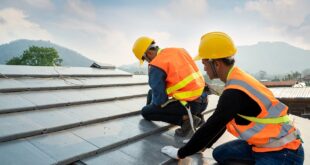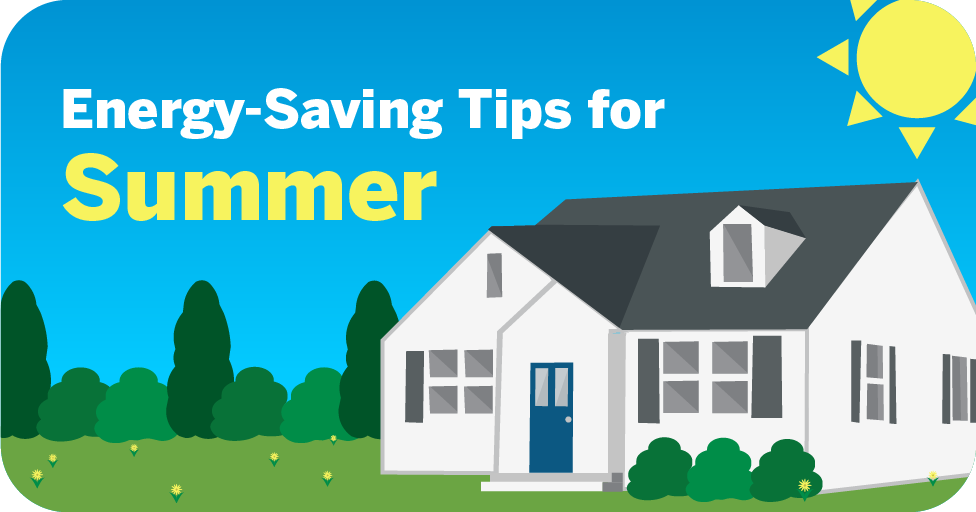The American people are witnessing the benefits of solar and they are ready to make the switch. In fact, the number of Americans using solar power is expected to triple by the end of the decade.
Right now, just four percent of American homes use solar power. However, this figure is expected to climb to 13 percent in just eight years. Homeowners are eager to reduce their monthly utility bills and have a positive impact on the environment.
The upfront investment cost is one thing that turns people off. Read on to learn about the average cost of solar panels. Explore the factors that drive solar panel prices.
What Is the Average Cost of Solar Panels?
Before homeowners go solar, they want to know how much the upfront investment cost is. The answer varies depending on many different factors.
Location is one of the most significant variables in cost determination. The state that you reside in dictates factors like supply vs. demand, labor rates, and tax credits.
In Florida, the starting cost of a 6kW system is less than $14,000. Up in New Hampshire, the same system costs nearly $17,500.
Urban settings are likely to have more solar company competition. This means lower prices as companies are competing for your business.
There are many technical factors that affect solar panel prices. The size of your home and roof are two major considerations.
Larger homes typically have a greater energy demand. They also have more surface area to install a higher number of solar panels.
Not all solar materials are created equal. There are higher quality materials for consumers to choose from that may increase the project cost.
You also have to pay a company for installing solar panels. This is where labor rates come into play. The cost of living is higher in a state like New Jersey as opposed to Alabama. Therefore, installation costs are going to be higher in New Jersey as installation technicians earn more per hour.
How to Pay for Solar Panels?
Few Americans have $14,000 or more in the bank to purchase solar panels. The good news is that there are many programs out there to help homeowners.
For starters, you can opt to finance or lease your solar panels to spread the cost out. This breaks the total project cost into monthly payments that are more affordable.
There are also a number of tax incentive programs out there to alleviate costs. The federal government offers a generous tax credit for homeowners that purchase clean energy items.
A tax professional can walk you through the process of claiming these tax incentives, but even if you file your taxes for free online, the program you use should be equipped to handle any tax incentives or rebates associated with renewable energy installations.
At the state level, many states offer tax incentives on top of the federal benefits. Some solar and utility companies offer rebates programs to encourage the transition.
How Much Do Solar Panels Cost?
To determine the cost of solar panels, you need an expert to draw up an estimate. There are many factors such as home size, energy needs, and location that impact the total cost.
Do not let the upfront investment cost sway your decision. Tax incentives and rebate programs will help lower the initial cost. Your low monthly utility bills will result in a break-even point in no time.
If you enjoyed this article about the average cost of solar panels, check out our blog for more great content.
 Lifeyet News Lifeyet News
Lifeyet News Lifeyet News





